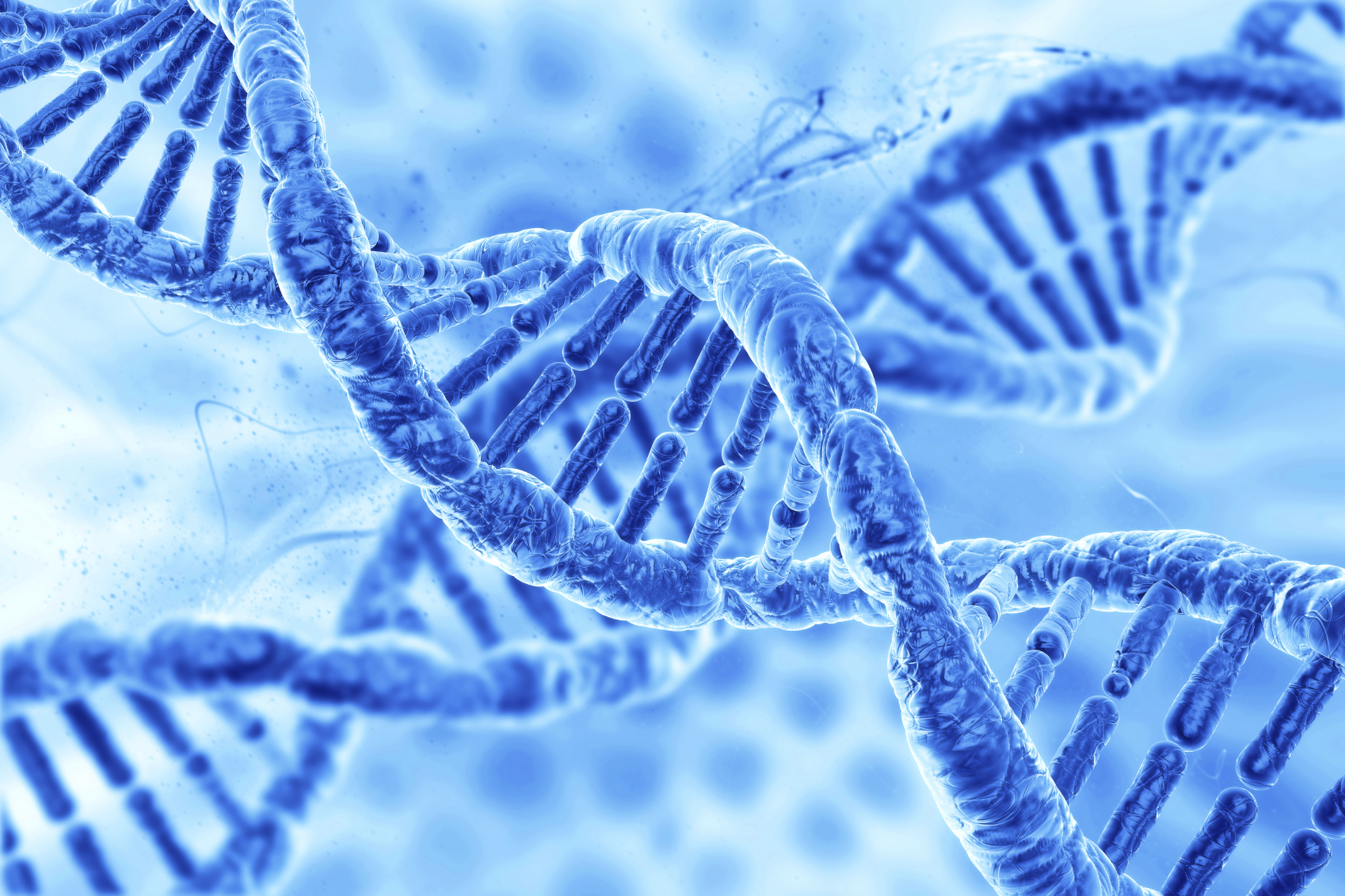ProNAi licenses new DNA damage cancer treatment

Vancouver-based ProNAi has licensed a new cancer molecule which targets the DNA damage seen in many cancers.
Defects in the way cells monitor and repair damaged DNA is a hallmark of many tumours, known as DNA damage response or DDR.
Interest is now growing in molecules which can block this process, but the field has produced plenty of disappointments so far, including the failure of ProNAi’s own lead candidate which targeted the Bcl-2 protein.
AstraZeneca is one big pharma name which is investing heavily in DDR, buoyed by the (hard-fought) success of its PARP inhibitor Lynparza.
ProNAi specialises in DDR, and has licensed PNT737, a small molecule inhibitor of Checkpoint kinase 1 (Chk1), from the Cancer Research UK Centre for Drug Development in London.
The partners hope they can be the first to develop a drug using this novel mechanism.
The company will pay the centre’s commercial arm the CRT Pioneer Fund an upfront payment of $7 million, with $2 million to follow once two ongoing phase 1 clinical trials are handed over to its development team.
Further payments of up to $319.5 million are due if milestones are reached, and the company will also pay royalties on net sales.
The Centre for Drug Development is led by The Institute of Cancer Research, London, and The Royal Marsden NHS Foundation Trust, where the molecule was first discovered, and the renowned UK team will now work with ProNAi to advance its clinical development.
Checkpoint kinase 1 plays a key role in allows cancer cells to go on replicating despite accumulating DNA damage, either from replicative stress or from chemotherapy.
PNT737 is a small molecule which could be used as a monotherapy, or in combination with chemotherapy or radiotherapy which induces DNA damage.
The licensing is good news for ProNAi, which suffered a major setback in June when it was forced to drop its lead candidate PNT2258 after modest results in its WOLVERINE study in lymphoma.
After having floated on the stock market in 2015, the company had reached a market cap of nearly $1 billion, but this plunged after the bad news.
Shortly before this disappointment, the company in-licensed a small molecule kinase inhibitor aimed at another target, CDC7.
Dr. Nick Glover, president and chief executive of ProNAi said the transaction added another high-quality asset to the company’s pipeline, and commented that PNT737 could hit a “potential Achilles' heel of cancer cell proliferation and survival.”
ProNAi says it expects to expand the current clinical programme underway for PNT737, including into the US, with the expectation of filing an Investigational New Drug application in the second half of 2017. To support broader studies the company plans to conduct research designed to explore markers of sensitivity to PNT737 that may help select patients and to identify further ways of combining it with other new drugs, chemotherapy or radiotherapy.











